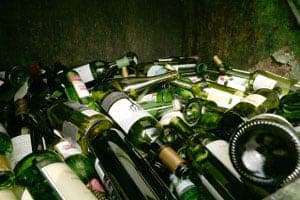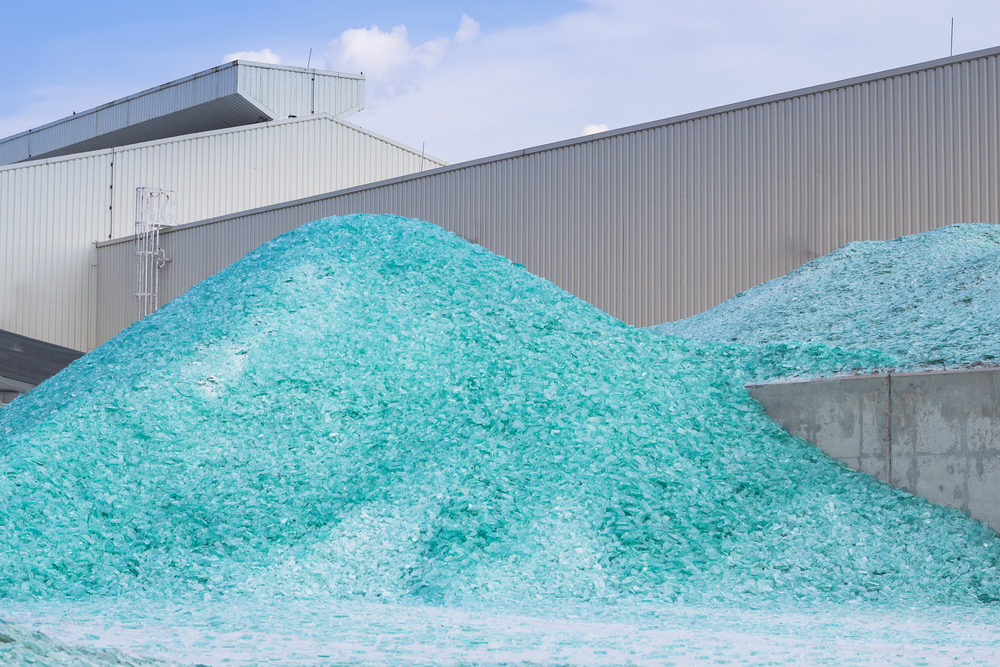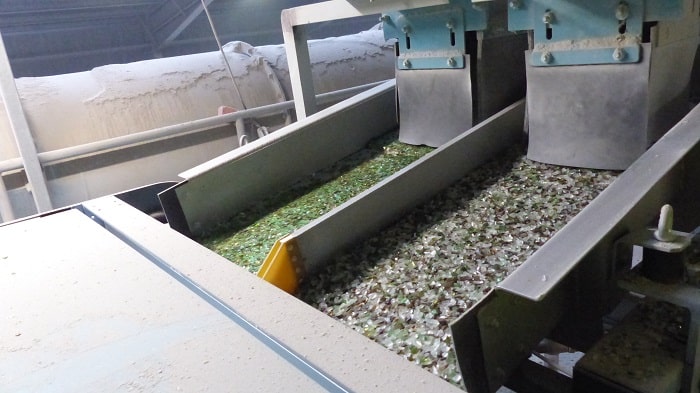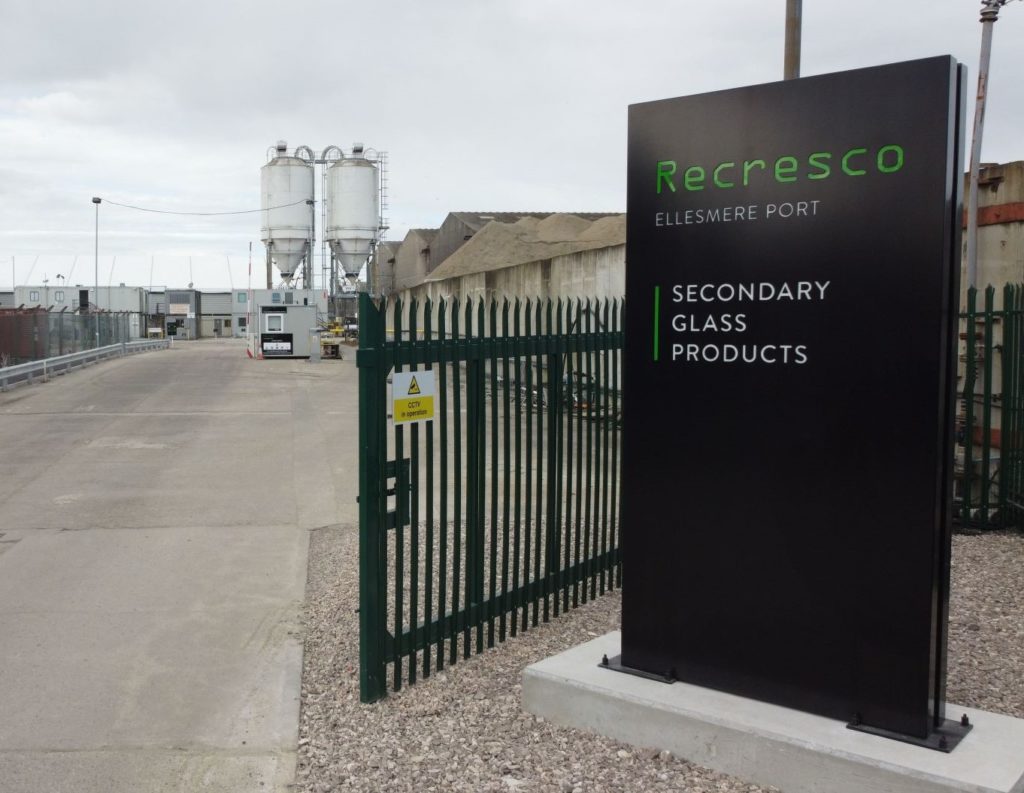Mr Benyon said changes to the packaging waste recovery note (PRN) system for glass, which have been introduced to help the UK meet recycling targets, could see more money invested in collection systems which capture material suitable for remelt, rather than aggregates. This could take the form of further support for waste collectors and local authorities.

The minister added that the changes to the PRN system, which now has two tiers for glass one for remelt and one for aggregates will enable the UK to meet the remelt target for 2013 under the packaging recycling targets. Under the Producer Responsibility Obligations (Packaging Waste) Regulations 2007, 63% of glass packaging sent for recycling must be processed via remelt routes.
The comments are likely to be welcomed by glass reprocessors who have long called for a greater focus on quality meaning they can process the material into a furnace ready cullet, suitable for use in glass manufacturing processes.
Remelt
Mr Benyons remarks came in response to a question asked by Cathy Jamieson, Labour /Co-operative MP for Kilmarnock and Loudoun. Ms Jamieson asked what assessment the secretary of state for Defra has made of the likelihood of meeting the 63% recycling target for glass sent to remelt processes in 2013.

Following the introduction of the remelt target, more PRN revenue will be directed to glass remelt facilities which they are expected to invest in increasing capacity for the collection, sorting and reprocessing of glass for remelt.
– Richard Benyon
Mr Benyon said that changes to the PRN system meant that more revenue will be directed to glass remelt facilities which are expected to be investing more money in increasing the capacity for the collection, sorting and reprocessing of glass sent to remelt. He added that this would enable the targets to be met.
He said: The packaging recovery note (PRN) system, established by the Producer Responsibility Obligations (Packaging Waste) Regulations 2007 (as amended), will enable the remelt target for 2013 to be met. It provides a mechanism by which additional funding is generated to support the collection and recycling of packaging waste materials.
Following the introduction of the remelt target, more PRN revenue will be directed to glass remelt facilities which they are expected to invest in increasing capacity for the collection, sorting and reprocessing of glass for remelt. This could take the form of increased support for waste collectors, including local authorities, to collect more glass in a manner which facilitates remelt.
Mr Benyon added that the remelt target effectively freezes the proportion of glass which can be sent to non remelt applications at 2009 levels (approximately 37%). Meanwhile, the Environment Agency has estimated that the proportion of glass sent to remelt applications in 2012 was approximately 60%.
Targets
In response to a separate question from Ms Jamieson, Mr Benyon said that Defra officials have met with representatives from the glass bottling industry on four occasions since November 2012 to discuss the packaging recycling targets for 2013 to 2017.
And, since the targets were announced in the March 2012 Budget (see letsrecycle.com story), he said Defra had received a number of letters and other correspondence from the glass bottling industry.









Subscribe for free